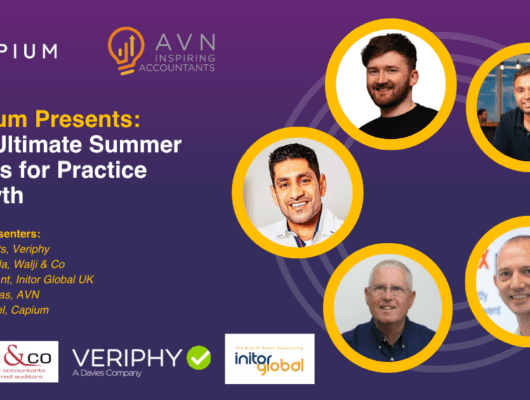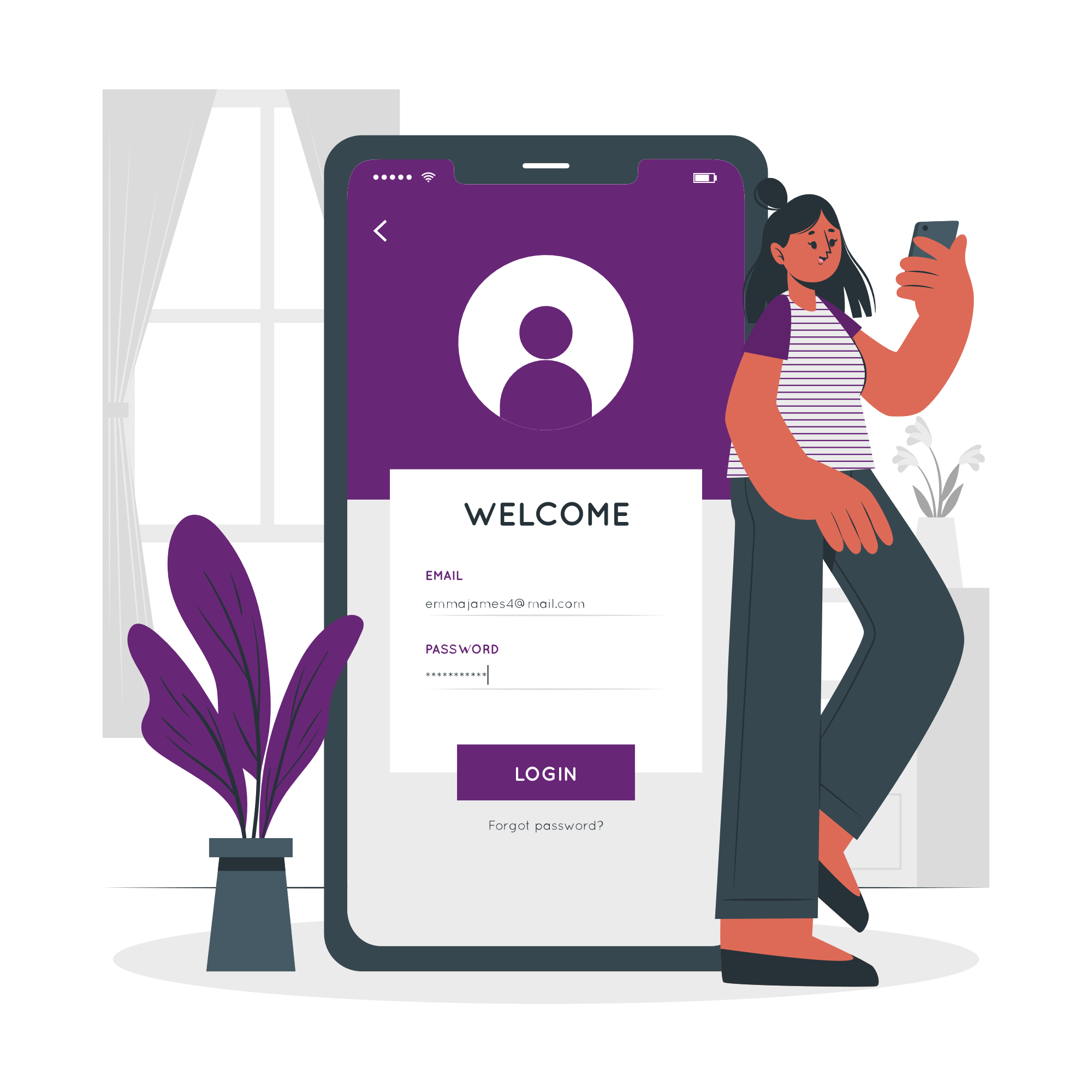Earlier this week Team Capium erupted into fierce debate. Both sides fighting for
a long-term 3-year deal with a 3rd party marketing software company. Never in
the history of the business have Capium committed to a 3-year deal and,
ironically, it’s something we know our Customers always come up against when
migrating from legacy desktop accounting software.
Gordon Gilchrist of 2020 Innovation joined the team to talk through industry
updates and, rather unknowingly, poked his head above the parapet into our
debate. “Who signs a 3-year deal on software anymore!? Especially when you
don’t even know if the software will be fit for purpose in three years.” says
Gordon. Of course, he’s referring to accounting software providers with steep exit
clauses, nonetheless the team bursts into laughter and in that instant the debate
is resolved. But is he right?
At a time where technology is moving on at such a rapid pace and the
commercial model of software has moved from a capital expenditure to
accommodate business cashflow, whilst providing higher levels of service, it’s
not surprising there has been a boom of Software as a Service businesses with
monthly or annual recurring revenue models. And in doing so, rapidly
accelerated expectations that data is paramount and should be accessible in
real-time.
Digital technology has changed our world. From the way we shop, search for new
products or do our banking, much of our everyday life is now driven by digital
technology, software apps and the ubiquitous smartphone. And small business
accounting is no different.
There is a new breed of tech-savvy business clients, many of whom now run their
operations online, day to day, in the digital space. And they now expect their
accountants and business advisers to do the same.
So, if your accountancy firm is lagging behind the times, there’s a pressing need
to make the switch to digital so you can meet the expectations of the new breed
of business clients. The UK government’s Making Tax Digital (MTD) initiative has
pushed the digital agenda further. MTD has imposed new compliance
requirements onto VAT-registered businesses, making it mandatory to record,
store and submit tax information as digital data. The speed of change and
proliferation of automation is accelerating, leading to the commoditisation of
basic accounting services and putting mounting pressure on fees and market
position.
Old-fashioned 3-year deals with desktop accounting systems, and hybrid
desktop/cloud updates, no longer cut the mustard. Cloud technology and
Software as a Service (SaaS) systems have revolutionised the way that software
is used in business. And switching to a cloud platform is critical for a digital
practice.
Looking back at the evolution of accounting, it’s clear that the past decade of
developments in cloud software and digital technology has driven a huge change
in accounting processes, productivity and purpose. So, where will technology
take us in the next 10 years? And will those long-term deals come back to bite
us? What do you think?
To read more about running an effective cloud accountancy practice in the digital
age – download our latest whitepaper here.







